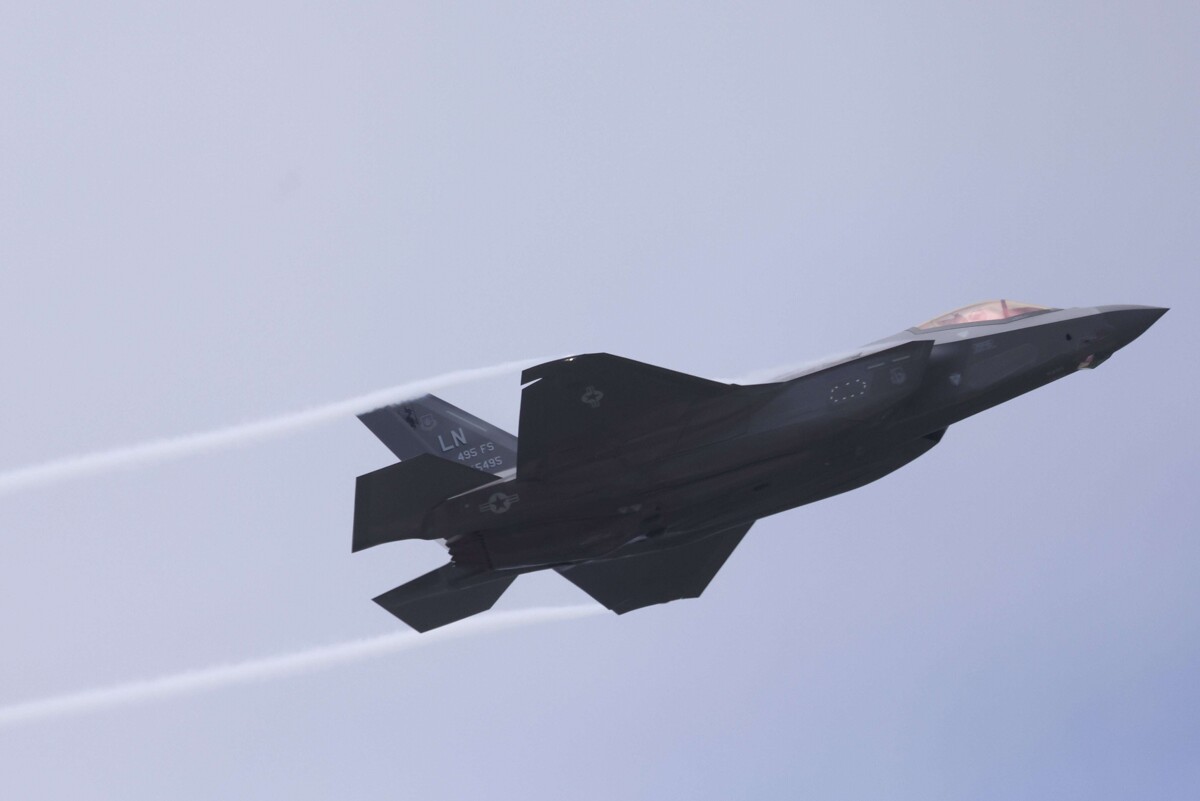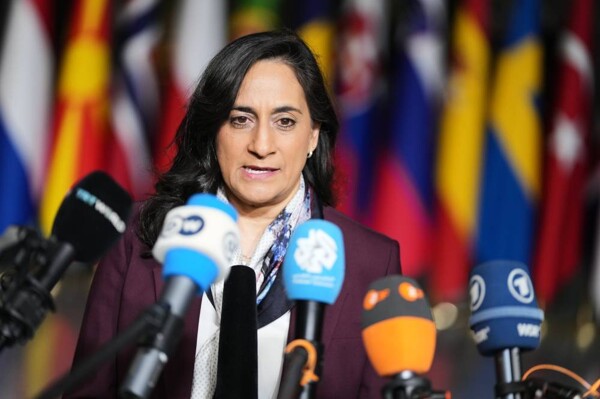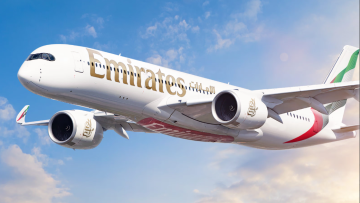
The company Bombardier has made significant investments in its defense unit in recent years, transforming commercial aircraft into military aircraft. Currently, it has two contracts with the United States government, one for communication aircraft and another for surveillance aircraft.
The new Prime Minister of Canada, Mark Carney, has ordered a review of the $19 billion Canadian F-35 purchase agreement for the acquisition of 88 aircraft, formalized in 2023. This move has raised questions about the future of defense-related trade relations.
In 2023, Canada signed an agreement with Boeing for the acquisition of up to 16 military surveillance aircraft as part of an investment of more than $7 billion, rejecting a competing proposal from Bombardier. Such a decision has impacted the stock value of the Canadian aerospace company.
More than 60 percent of Bombardier's business comes from the United States, and its aircraft are manufactured and shipped in compliance with the rules of the Agreement between the United States, Mexico, and Canada. This has raised concerns about potential tariffs and the need to review existing contracts to ensure the interests of both the company and the Canadian Armed Forces.
Bombardier's CEO, Eric Martel, has expressed his concern regarding the review of the contract for the purchase of F-35 fighter jets with Lockheed Martin by the Canadian government. Although more than 50 percent of production costs are related to operations in the United States, assembly and finishing are carried out in Canada, which could make the company susceptible to tariffs.
In light of the uncertainty generated by the trade measures announced by President Donald Trump, Bombardier has decided to cancel its financial forecasts for the year. CEO Martel has expressed confidence that common sense will prevail and that the company's business will continue to thrive despite the current challenges.













